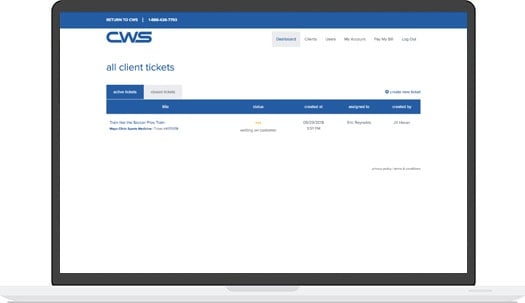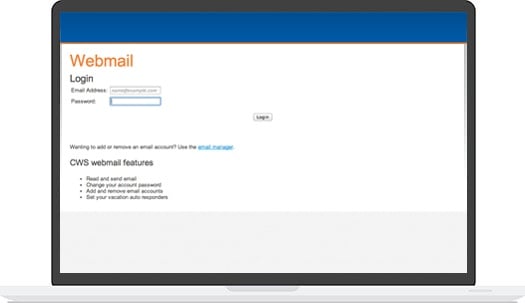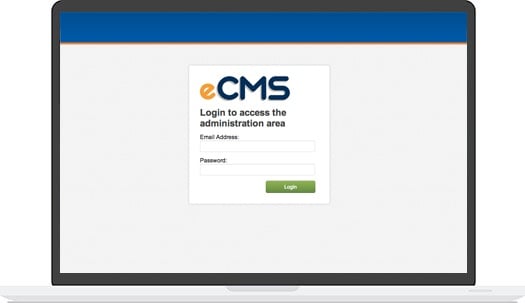In 2010, I wrote Writing For the Web: Using the Correct Voice. Everything in that article is still relevant, so I recommend reading it. Since 2010, companies and individuals are more attuned to writing for the web versus other mediums.
Today’s main marketing problem is getting people to listen. Marketing is ubiquitous, with social media feeds, popups, quizzes, memes, games, and other content competing for everyone’s attention. This has devolved into a "marketing arms race," in which everyone is amplifying their message to sound more important, life-changing, or innovative than everyone else. The result is a new normal of click-bait headlines, obstructive popups, and superficial copy.
People are savvy in recognizing these tricks, and even when they do click to read something, they want to feel that their time was well spent. How does this happen? By creating authentic connections.
How To Be Authentic
1. Who are you? What do you really do?
For example, CWS specializes in web design, custom programming, and marketing. These are our core services. We recognize that our main goal is to help businesses accomplish their marketing and digital needs in the best way we know how.
What is it you really do? If you’re a company in a niche market, double-down on it. Don’t try to be something you’re not. Reflect this in your messaging. Know who you are, and own it.
2. Your products and services probably don’t change the world, and that's okay.
Every time I hear, “This will revolutionize the industry and change the way we…” I can’t help but groan. Is it really going to change the world? Probably not, and that is perfectly fine. If other people think what you do is revolutionary, let them make this claim for you. Be humble.
Compare the bombastic Apple Watch announcement with the subdued announcement of Tesla Energy. Which one feels the most authentic? Which one could really be revolutionary?
3. Admit when you’re wrong.
As a human on the Internet, you will probably say things that will hurt others or that are incorrect. Where we go wrong is in our response to being called out. We give a non-apology. Here are examples of a non-apology from an excellent article on Slate:
- "I am sorry that statements taken out of context have had such repercussions."
- "Our cover illustration last week got strong reactions, which we regret. [...] Our intention was not to incite or offend."
- "If anything I said this morning has been misconstrued to the opposite effect I want to apologize for that misconstrued misconstruction."
- "I feel bad if her feelings were hurt."
What do these all have in common? They’re not accountable. They’re filled with conditionals and are mostly said for damage control. They are only sorry for how things were received, not for what was said.
Apologize to people as though they were a loved one. Treat people with respect. Empathize with them. Don’t blame them for being upset. Fix the problem. Make steps to not repeat it.
Who knows, you may even end up respected.

.jpg?t=1533315998368) How-To Articles
How-To Articles Support Portal
Support Portal Webmail
Webmail Rapid Newsletter+
Rapid Newsletter+ eCMS
eCMS

